by James Scott Bell
@jamesscottbell
 Some weeks ago we talked about reading for escapism.
Some weeks ago we talked about reading for escapism.
What about writing to escape?
In 2020 we had a slew of blog posts about how hard it was to write in 2020. With political, cultural, and pandemic bedlam hitting us all like an unending Oklahoma dust storm, that was no surprise. I added to that conversation here.
Welp, the dust storm is still blowing, and writers need escape just like everyone else. That’s where the magic of story comes to our aid.
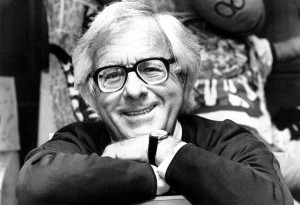
Ray Bradbury
Ray Bradbury famously said, “You must stay drunk on writing so reality cannot destroy you.”
Yet for those of us who write for a living, and those who hope to make some decent dough from writing (which is 99.76% of all writers) there is the sober part of us that keeps one eye on the market. That’s a necessity. We have to try to figure out what readers out there might spend their discretionary income on. In the traditional world of publishing, that calculus is filtered through agents and editors and the sales department.
Indies fly solo, but still must figure all these things out, too. Writing for money is a business. And business can often be frustrating, heartbreaking, even downright depressing.
But through it all, the writer who is a real writer keeps tapping that keyboard. Sometimes just to escape.
That’s why I love writing short stories and flash fiction. Flash fiction is 1k words or less; short stories are usually tagged at 1k – 7.5k. After that you get into the realm of the novelette (up to 20k words) and the novella (up to 49k words).
The beauty of short stories and flash fiction is that you can write them in a beautiful state called “The Zone.” When they’re finished, maybe they work, maybe they don’t. But that is beside the point. First, you have escaped in those hours. And second, nothing is wasted, for you have flexed your writing muscles, always a good thing.
You are not bound by conventions when you flash (er, maybe I should rephrase that). And you can try out different genres with your shorts (maybe I should rephrase that, too).
I’ll even throw in a bonus escape: poetry. Yes, poetry, which Bradbury also read each day and sometimes wrote himself. My personal preference is the whimsical, as in the poetry of Ogden Nash. He didn’t restrict himself to strict meter or schemes, and even made up words to suit his purposes. Thus I give you my Nash-inspired poem “Love in the Age of the Virus.”
This virus, we are told, is unlike anything that came before it—
Not the flu or a cold or pneumonia or a bad headache, so different it is that you darn well better not ignore it.
The answer, they say, is a mask and social distancing,
And should you shirk those things be sure of this: you’ll get plenty of angry insistancing.
Adjust, they say, for this is the normal that is new,
No matter how badly you wish it to be the abnormal that is through.
The way you socialize and eat and even worship in church, or mosque, or synagogue,
Is overseen and shadowed by a huge, regulatory fog.
Thus, they tell us, the best answer to the gloom
Is Zoom.
Ah, methinks, however, that the greatest challenge of all is in the dance of the sexes,
Be it with dates, or schoolmates, or husbands, wives or exes.
And speaking as I must, as a man, I can only say it adds immeasurably to our romantic task
To have to lean over and whisper, deep-voiced and confident, “Hey baby, how about taking off your mask?”
Now, that took me about half an hour to write, and for that half hour I was fully into the joy of creation.
So I work on my full-length fiction—which butters my bread—writing to a quota each day. But when I need pure escape, which is often these days, I’ll give myself fully to a short story or a flash. And when I write something that works the way I want it to, I’ll publish it for my Patreon community, so they can enjoy some escapism, too.
I always come out of these sessions feeling like a better writer. I’ve gained strength. I do believe it shows up in my full-length fiction.
So try this, writing friend, the next time you’re feeling the burdens of the day crushing your creative spirit. Write something short. Take a prompt from Gabriela Pereira’s Writer Igniter and start a flash story. Maybe it will expand into a short story. It might even sow the seeds of a novel. But write it just for yourself. Tell your inner editor to go sit in the corner with your market analyst, and tell them both “No talking.”
I went to Writer Igniter a couple of days ago, and this came up:

I immediately started a story called “Lucky Penny” and wrote the first 800 words. It was pure joy. For half an hour I had escaped. I now have the ending in mind, and a complete story to finish.
I can’t wait.
Do you ever write just to escape?


 If you could choose one line from a song and adopt it as your mantra, what would it be? Please include title and artist.
If you could choose one line from a song and adopt it as your mantra, what would it be? Please include title and artist.

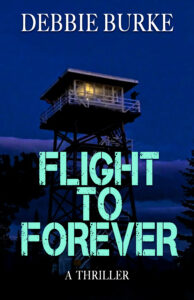
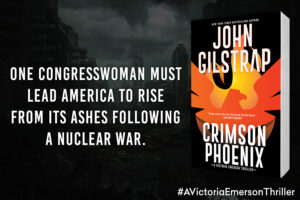
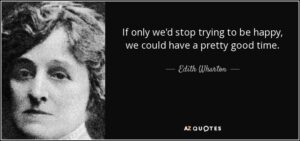
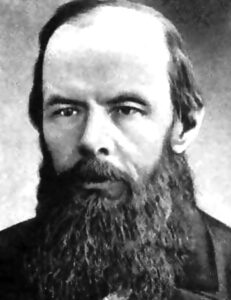

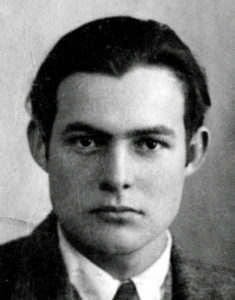

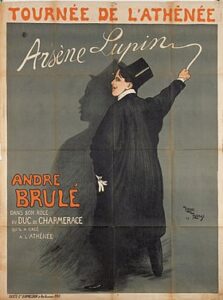
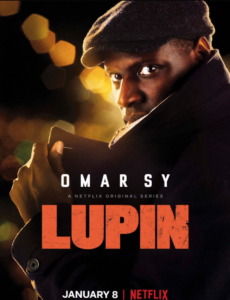

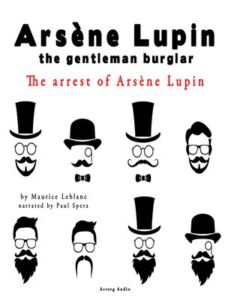
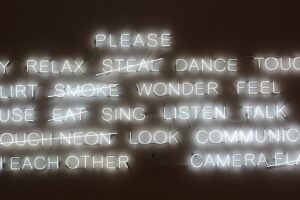 Rewriting, love it or hate it?
Rewriting, love it or hate it?